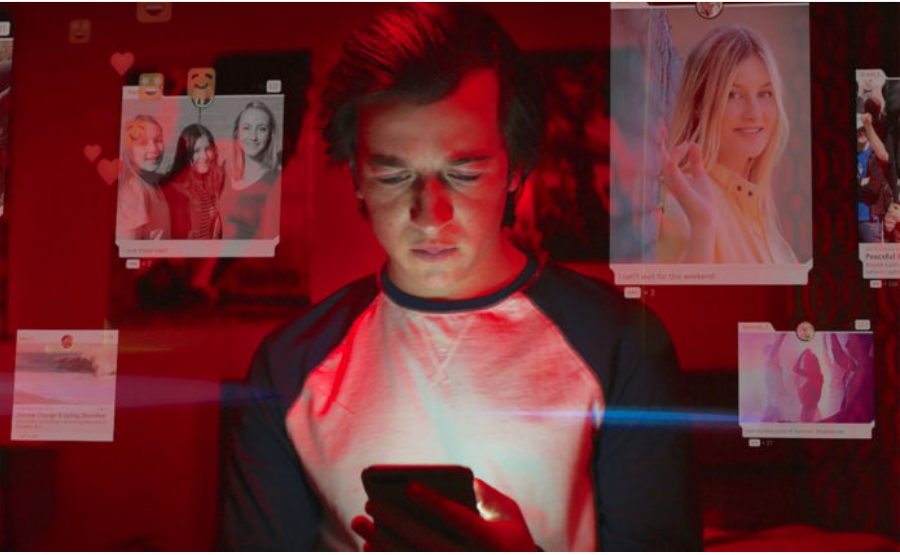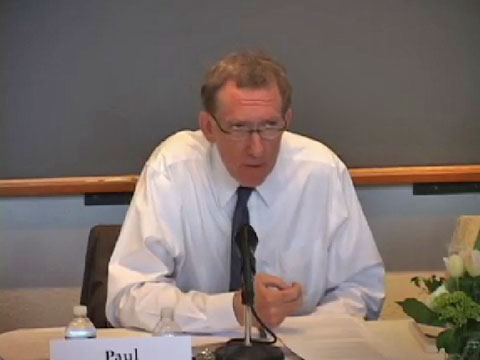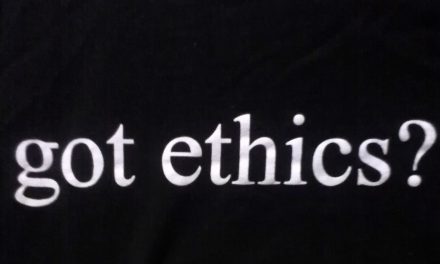
Netflix recently released a documentary/hybrid entitled The Social Dilemma. This film provides an eye-opening background story on many forms of social media, including Instagram, Snapchat, Pinterest, Tik Tok, Facebook and Twitter. Tristan Harris, a former Google ethicist, was among the first of young tech industry employees to recognize, respond to, and publicize the problems he was seeing in tech development. The story is framed with numerous interviews of Harris and others like himself who became concerned at the way the technology and apps they were developing were negatively impacting the lives of so many people.
We commonly think of social media as something that we use. The former high-level tech employees and experts from various fields related to technology (including psychologists who study addiction and economists who evaluate the industry), however, see it differently. Social media, search engines, apps, email, and other technology actually use the supposed user. This technology is not designed to be used to improve our lives, but rather the purpose is to get our attention, to hold our attention, and to monetize our actions. Paraphrasing what one expert said, “If you don’t have a product, you are the product.” Facebook and other social media are “free” because they are mining data from those who use it, creating predictive algorithms, and selling data to those who can profit from knowing this information in order to target ads.
Tech has become very good at this manipulative use of people. Preteens and teens in particular become a sought-after age group whose attention is there for the winning. The Social Dilemma provides a fictional family demonstrating the effects that such media can have: the preteen who is constantly on her phone, taking and posting selfies for affirmation, and then self-conscious of her ears after a negative comment on her post. The teen tries to go a week without his phone, much to the chagrin of the AI seeking to engage his attention. They finally win out, get his attention, and take him down a rabbit hole of misinformation that leads him to getting arrested at a protest instead of soccer practice and a relationship with a girl who shows interest.
This communicates another concern of former industry workers: the use of social media often spreads such misinformation and contributes to further polarization of society. Thus it is both a personal problem, as well as a social problem. Tim Kendall, the former president of Pinterest, confesses to working all day at Pinterest, then coming home and hiding from his young children in the pantry so that he could also check his own Pinterest! He’d make a resolution to leave his phone in the car, then find himself going back for it. He’d decide not to take it to bed, and then decide he couldn’t be without it. Such impulse issues are familiar for many of us, and probably we can often see how this can negatively impact our personal mental health while also taking a toll on all our relationships, especially within the immediate family.
As a social problem, we have the story of Myanmar, whose government used Facebook to propagandize its people against the Muslim minority, resulting in violence. There are also more local stories, such as the Pizzagate conspiracy theory that took in many social media users, resulting in one man rushing, armed, to liberate the children supposedly trapped in the basement of a pizza place. Of course, the basement didn’t exist. With algorithms able to feed conspiracy theories to those who already believe one or those who are perceived by AI to have such tendency, fake news spreads alarmingly fast; six times as fast as real news on Twitter, according to the movie.
So far, we can see enormous value to a project such as The Social Dilemma. It is inspiring to hear the stories of many tech developers that called into question their work and sought to change tack rather than continue to destabilize society and compromise their personal integrity. They provide some advice in the movie as well. Many of them allow their children basically no screen time. They have limits on their devices. They have strict rules of their own usage that they refuse to break. This is crucial, and a great takeaway for all of us. If we know the goal of many apps is to get and keep our attention, we have to respond on the offensive, by not letting it do this and not clicking the ads they suggest.
However – and perhaps this is expected coming from secular tech developers – they provide very little in the way of a counter-narrative. They tell us what not to do, but they don’t really tell us what TO do. Even the anti-tech daughter in the fictional family doesn’t appear very compelling; she is constantly frustrated and critical, rather than happy and fulfilled without technology. We Catholic moral theologians have our opening here. It is absolutely crucial to understand the tactics of tech, but we must also move beyond that. How?
First of all, we need to be conscious of the larger narrative. We are, first of all, part of a world created by God, and redeemed by Jesus Christ after humanity’s fall into sin. It is not enough for us “not to do” certain behaviors online, lest we become merely cranky naysayers. Rather, we must be proactive in seeing our time as a gift from God that we use well by serving and loving God in a way that benefits ourselves and others. The Benedictine motto “ora et labora” is a simple but powerful reminder of our call to work purposefully and pray attentively in daily life.
Many in this movie believe that it’s better simply to disavow social media. This seems to be the only way to reacquire freedom and conscious behavior. We can sympathetically perhaps name it as a social sin with such problematic tendencies that it would be better to avoid. However, some of us can list the potential difficulties in taking such a position. Before I finally joined Facebook, I often wondered how parents at school seemed to know so many things that I didn’t; it turned out this information was only available on the PTA Facebook page. Giving up Facebook, for me, would mean once more being in the dark in this regard, while also lacking a valuable resource for posing questions.
I certainly don’t question the insider knowledge presented in the movie, but I do question some of the conclusions, given the lack of counter-narrative provided. It seems to me that there are many ways we can focus on becoming the users instead of the used. Tips such as not lingering or clicking on ads are helpful, but so also is a more conscious use of social media, being aware of our own actions and intentional in how we use it. For example, having set times and time limits for social media usage, as well as seeking to contribute positively through kind comments and looking for openings to help others not only online but also off-line.
During the beginning of the Covid pandemic quarantine, when food and certain supplies became limited and hard to find, I was part of a local Facebook group where people did posts to inform where they had found toilet paper, hand soap, or lysol wipes. Many people also volunteered resources to those unable to acquire them. As another example, yesterday my teenage daughter had a severe anaphylactic reaction. After two epipens, she was still having difficulty breathing and covered in hives, and she vomited up the Benadryl and Prednisone we had given her. I posted a quick request for prayers, and within 20 minutes, numerous people had said they were praying for her….and she began recovering.
Inspired by Tristan Harris’s suggestion of putting one’s phone on grayscale so as to become more intentional about phone usage, I started the Go Gray for Lent project a few years ago. You can read further about using Facebook as a force for good at that blog. It’s helpful to be proactive with our use of time, thinking about hobbies or relationships that might need more of our attention, rather than simply allowing apps to win our time and attention unreservedly. If we don’t want to be used, we need to make a conscious effort in forming ourselves in a different narrative, one that features the Scriptures, sacraments, and relationships with others.
And, of course, if social media just seems to be an occasion for sin, drawing us into divisive political arguments, causing us to be angry, jealous, or unkind, stay up too late, or draw us into unintended online shopping, it might be better simply to stay off it. The Social Dilemma has done an excellent job describing the industry and identifying concerns. Now it is our turn to respond in a meaningful and intentional way that shows ourselves part of a more compelling narrative.



